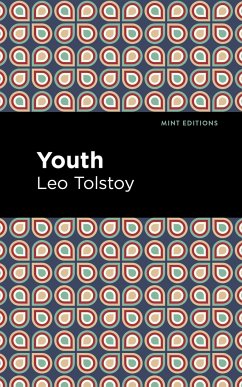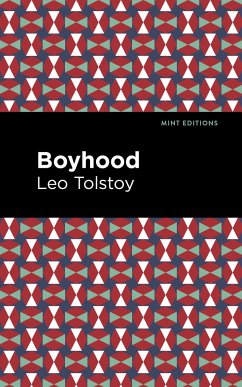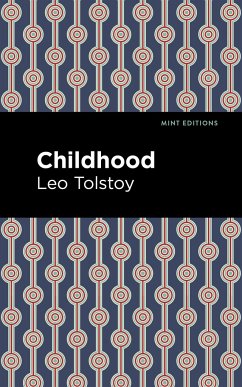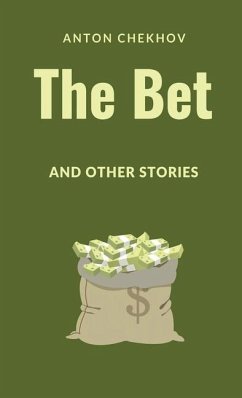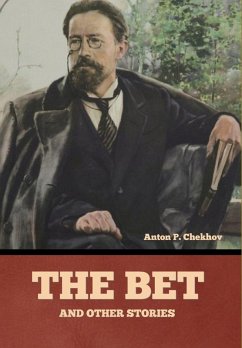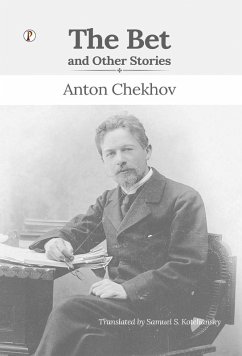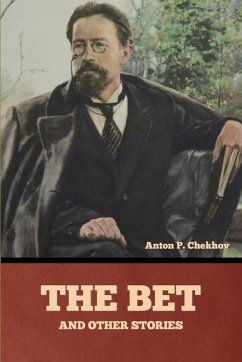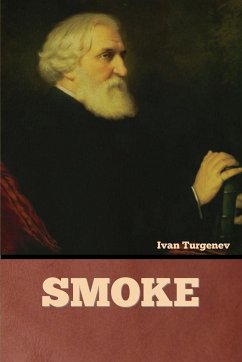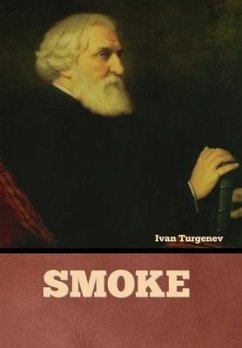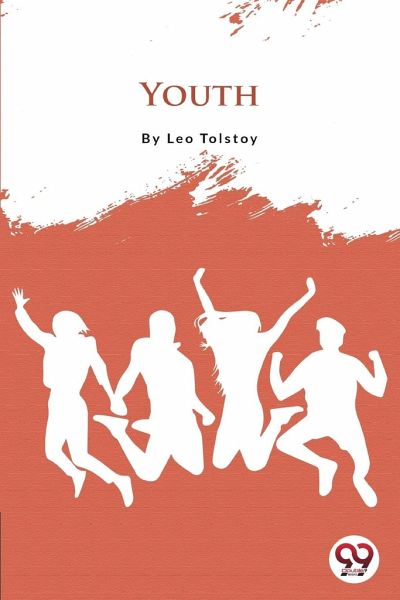
Youth
Versandkostenfrei!
Versandfertig in 1-2 Wochen
20,99 €
inkl. MwSt.
Weitere Ausgaben:

PAYBACK Punkte
10 °P sammeln!
'Youth' is the third novel of Tolstoy's autobiographical triology, published in 1856. In this book author narrates the challenges of his growing manhood. The novel begins with Nicholai's leaving adolescence and going ahead towards the manhood. Nicholai's dream and attraction towards blossoming manhood is quite impressive but harsh circumstances bring drastic changes in his life. He depicts Nicholai's college time struggle, his efforts for university admission, examination, his interaction with students and professors and friendship with Dmitri. He considers Dmitri's friendship as boon because ...
'Youth' is the third novel of Tolstoy's autobiographical triology, published in 1856. In this book author narrates the challenges of his growing manhood. The novel begins with Nicholai's leaving adolescence and going ahead towards the manhood. Nicholai's dream and attraction towards blossoming manhood is quite impressive but harsh circumstances bring drastic changes in his life. He depicts Nicholai's college time struggle, his efforts for university admission, examination, his interaction with students and professors and friendship with Dmitri. He considers Dmitri's friendship as boon because he is the best supporter and guide to Tolstoy. He narrates his life's ambition, task and the rules of life, he wants to be guided by them. Facing his life challenges he also emphasises class struggle and social inequalities. In an ironical way, he reveals the fact of life that all are not getting equal treatment. He expresses deep sociological and psychological observations and realizes dreams of his youth seem foolish comparative to earlier stages.





